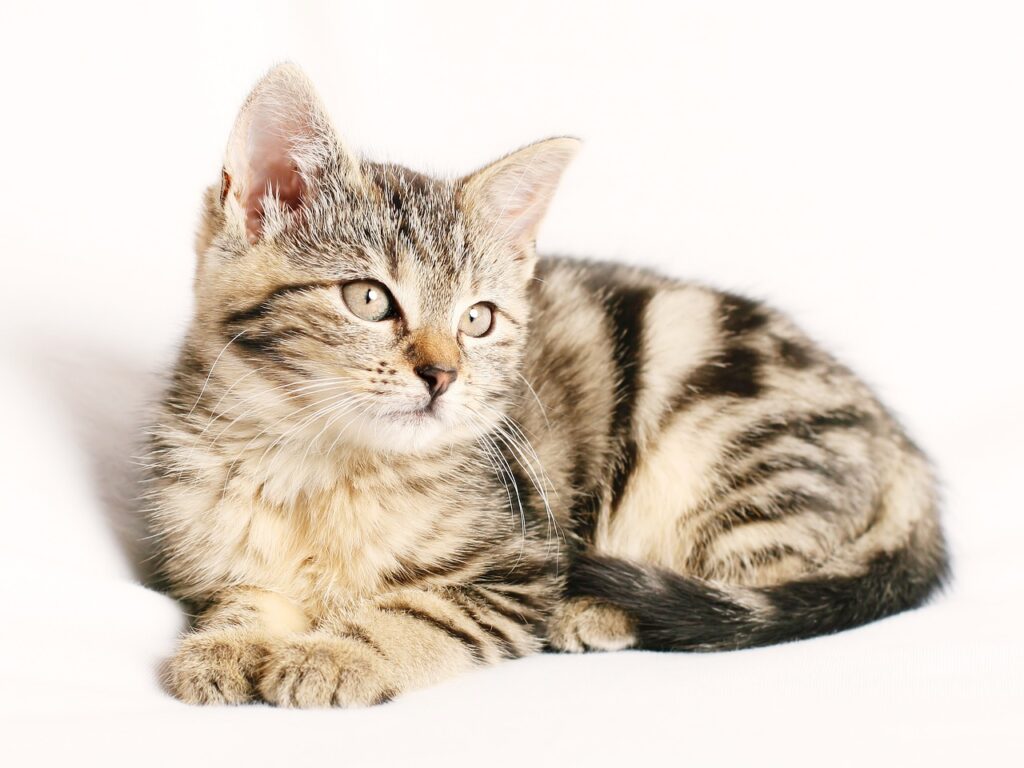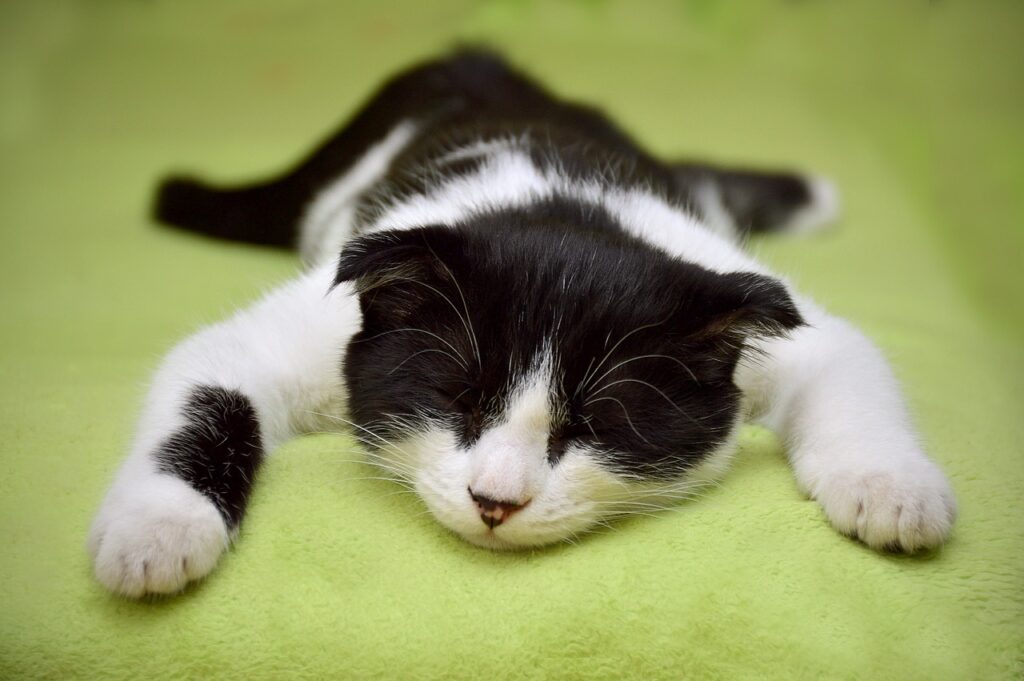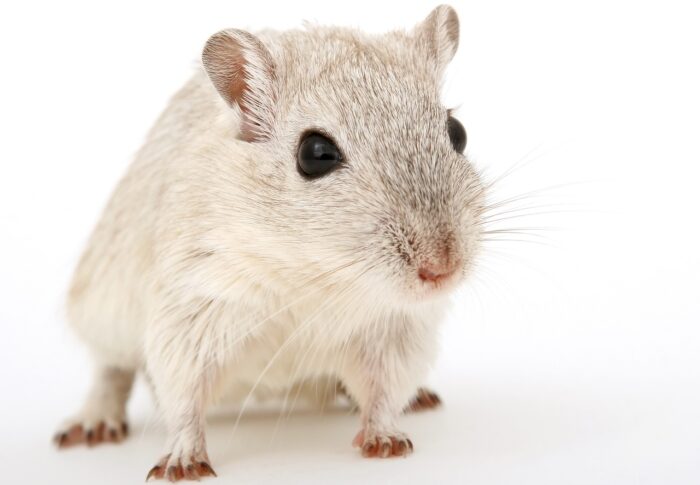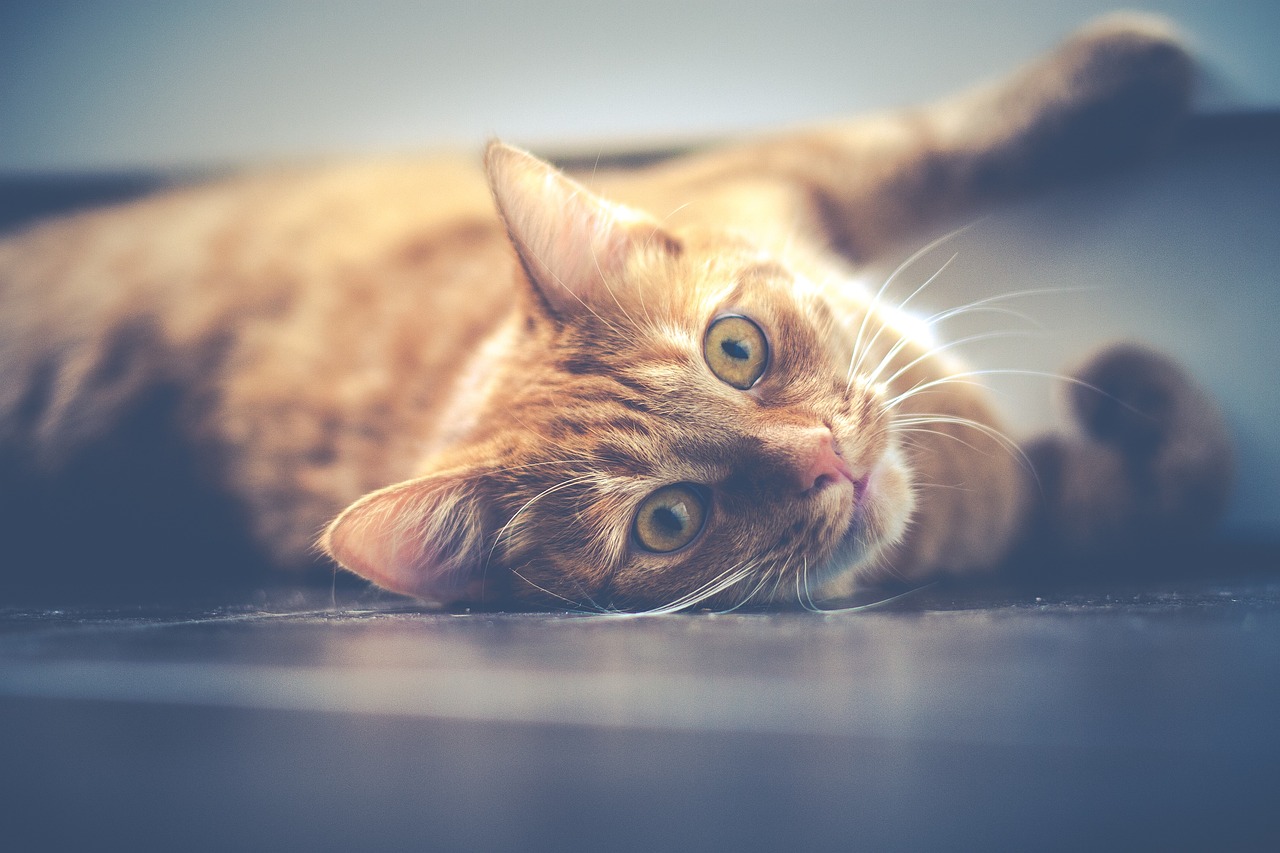
Pet Spotlight: Cat Care Guide
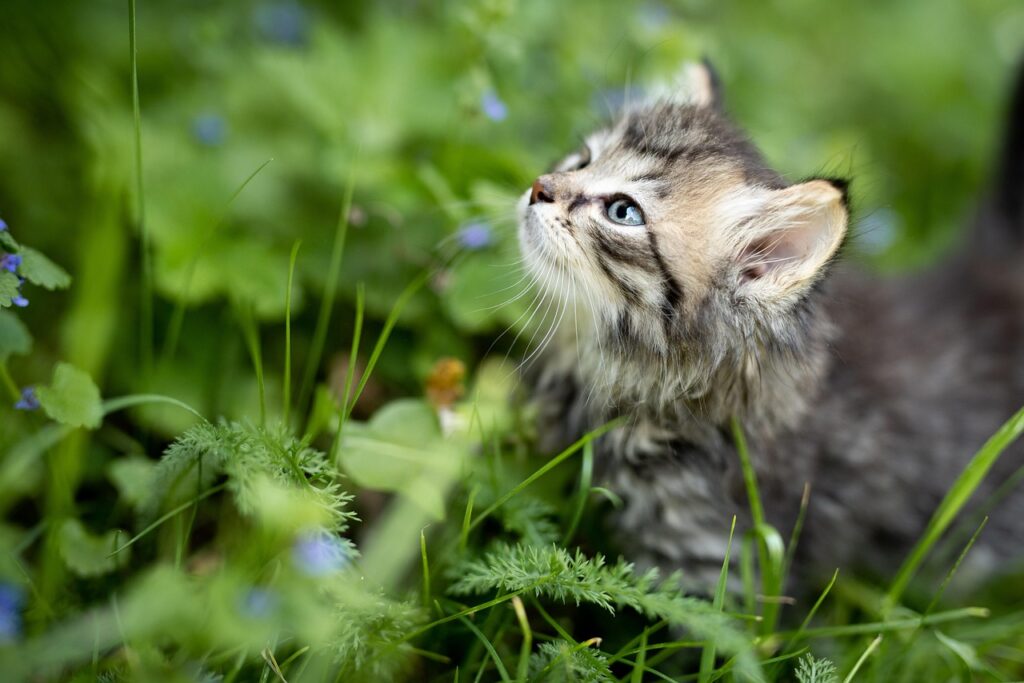
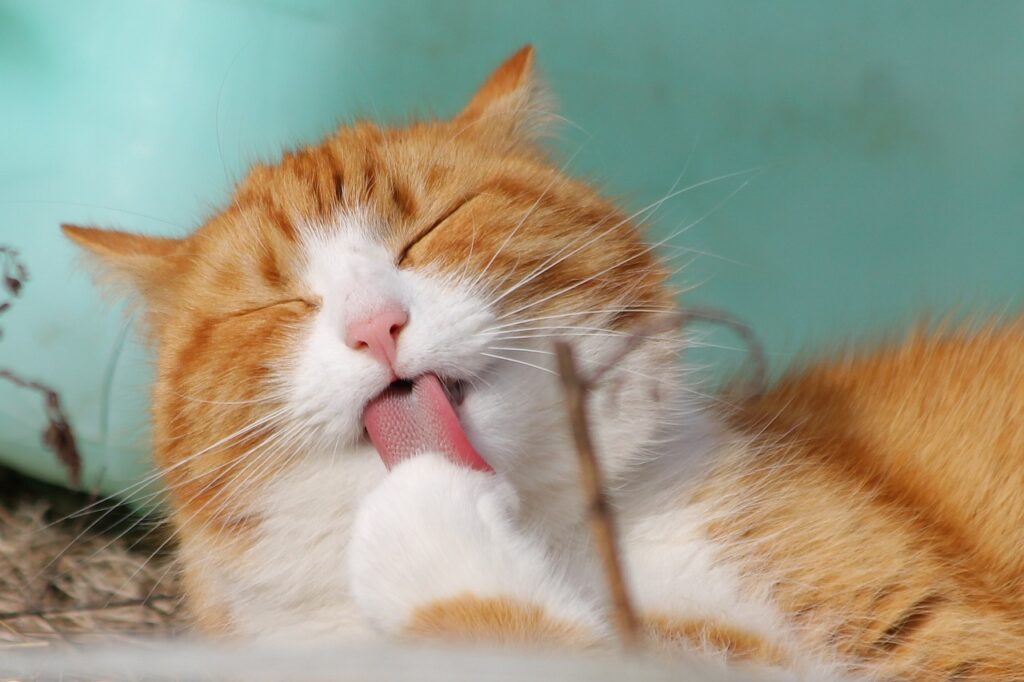
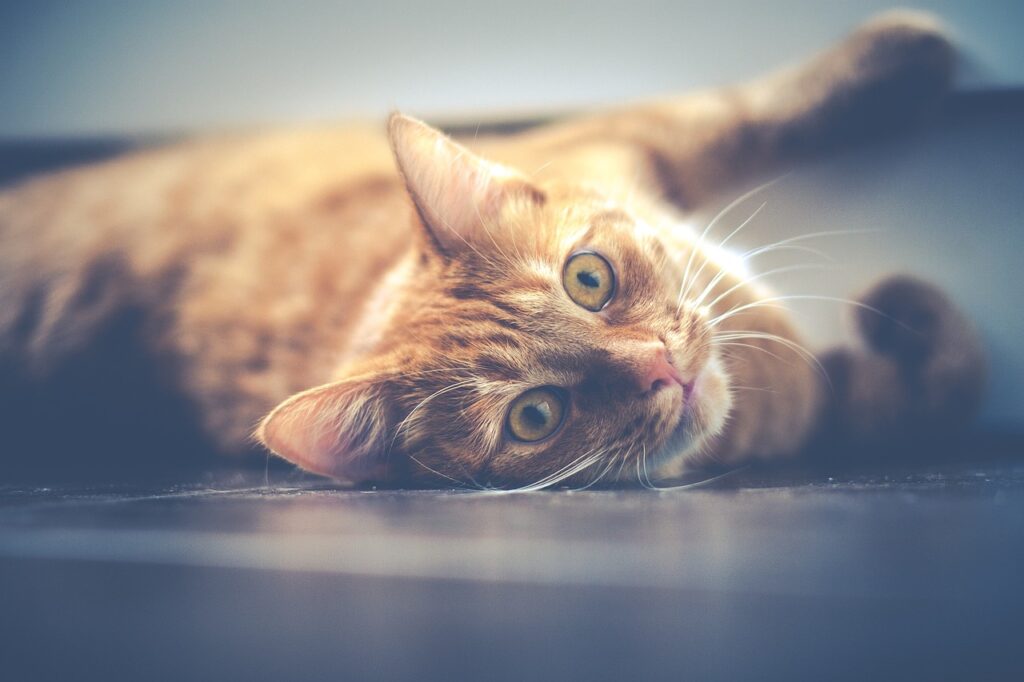
Introduction:
Welcome to our Pet Spotlight series, where we’ll be focusing on the beloved and ever-popular Cat. Cats have been treasured as companions for centuries, and their endearing personalities and playful antics make them a perfect addition to any home. In this comprehensive care guide, we’ll explore everything you need to know about caring for a Cat, from their physical characteristics to their grooming needs.
Physical Characteristics:
Cats come in various sizes and colors, but on average, they weigh between 8 to 10 pounds and stand about 9 to 10 inches tall at the shoulder. Their fur can be short or long, and their expressive eyes and soft whiskers add to their charm. While they may not have specific breed distinctions, their diverse appearances make each Cat unique.
Lifespan and Longevity:
With proper care, Cats can live a long and fulfilling life, typically ranging from 12 to 20 years. Factors such as diet, exercise, and regular vet check-ups contribute to their overall health and longevity. It’s essential to provide them with a safe and loving environment to thrive.
Housing and Environment:
Cats are indoor animals, and their ideal living environment should be comfortable, secure, and stimulating. Create a cozy space with cat trees, scratching posts, and a comfortable bed. A litter box and fresh water should always be readily available.
Feeding and Nutrition:
Maintaining a balanced diet is crucial for a Cat’s health. Provide them with high-quality cat food that meets their specific nutritional requirements. Avoid feeding them human food or giving them milk, as these can lead to digestive issues.
Health and Veterinary Care:
Like all pets, Cats are susceptible to certain health issues, such as dental problems, hairballs, and obesity. Regular veterinary check-ups and vaccinations are vital to ensure their well-being. Keep an eye out for any changes in their behavior or eating habits and address any concerns promptly.
Exercise and Mental Stimulation:
Though Cats may enjoy lounging, they also need regular exercise to stay healthy and entertained. Engage them with interactive toys, puzzle feeders, and playtime sessions to keep them mentally stimulated and physically active.
Grooming and Hygiene:
Regular grooming is essential to keep your Cat’s coat healthy and reduce shedding. Brush their fur at least once a week and bathe them occasionally. Dental care is equally important, so consider providing dental treats or using a cat toothbrush and toothpaste.
Training and Behavior:
Cats have unique personalities, and their behavior can vary widely. They are intelligent animals and can be trained to follow simple commands and use a scratching post. Positive reinforcement and patience work best in training them.
Best Suited For:
Cats are versatile and can adapt to various living situations. They are well-suited for families, single individuals, or seniors looking for companionship. Their independent nature also makes them suitable for busy individuals who may not have constant time for pet care.
Equipment and Supplies:
To care for your Cat properly, you’ll need some essential equipment and supplies. These include a litter box, cat food and water dishes, a cat bed, a scratching post, grooming tools, and toys for mental stimulation.
Safety and Pet-proofing:
Ensure your home is safe for your Cat by pet-proofing potential hazards. Keep household chemicals out of reach, secure electrical cords, and avoid leaving harmful items accessible. Additionally, if your Cat goes outside, supervise outdoor activities to prevent accidents or encounters with other animals.
Conclusion:
Caring for a Cat is a rewarding experience filled with love and companionship. By providing them with proper care, a stimulating environment, and plenty of affection, you’ll ensure a happy and healthy life for your feline friend. Consider all aspects of Cat care discussed in this guide to determine if a Cat is the right fit for your lifestyle and preferences.
